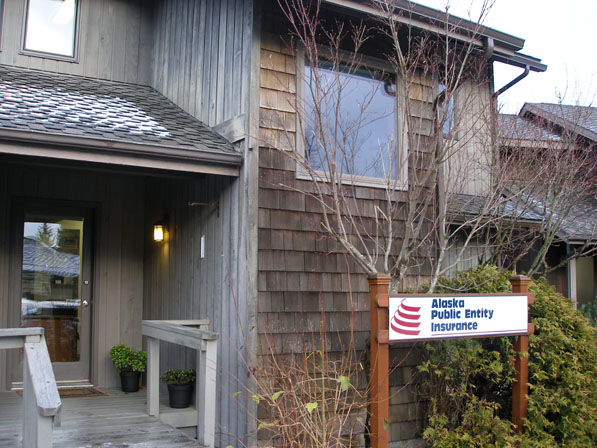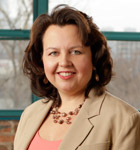A robotic arm flips sharply to attention, thrusting its pointy tip at the seven rows of square metal pieces hanging in front of it. Snaking up and down like something out of The Terminator, the machine arm moves smoothly, precisely spraying a nearly invisible mist, coating the metal pieces black in less than a minute. Despite the efficiency, Ed DeWitt, the man controlling the arm for Acme Finishing Company, Inc., frowns. The tablet-sized remote control in his hand tells him what he already knows: The robotic arm is off. DeWitt presses the big, red stop button and the arm dies. Watching the scene unfold is Acme’s Dennis Walters (pictured on top left), who co-owns the powder-coating company with his brother Jack Walters. “The arm is a huge investment,” Dennis explains. “Once we get it fully integrated into our system, it’ll do the work of four employees, which is great because right now we don’t even have four guys who are willing to do this type of repetitive work.” The brothers share how their flair for ingenuity and risk taking led to a prosperous business.
1. Take Calculated Risks
A few years after William Walters opened a paint shop in Chicago in 1932, his investors didn’t see much future in painting adding machines and electrical wall boxes. William took a risk and bought them out. The move set a precedent.
Walk around Acme’s 110,000-square-foot facility in Elk Grove Village, Illinois, today and examples of calculated risks are displayed everywhere. There’s the $100,000 risk robotic arm. The first-of its-kind clean room for the automatic powder-coating machine installed in 2012. The $100,000 risk in reflexive coating—no one else in the state does reflexive coating, which coats highway markings and other emergency equipment with specially patented paint. “We took a leap of faith with the reflexive coating,” says Jack, co-owner of Acme. “Another company turned [it] down because the investment to get licensed to do this type of coating was $100,000. We took a leap of faith. Not many people are willing to invest in something that is iffy so to speak. But we did.”
2. Give Extreme Customer Service
Acme’s risk taking is directly related to its devotion to its customers. The company, which has about 80 full-time employees, moved to its current headquarters to be next to its customer Halo Lighting. Another customer, NTN Bearing Manufacturing Corporation, wanted someone to custom coat the inside of wheel bearings without spilling any paint on the outside. Others turned them down, saying the custom-coat job was too costly. But, Dennis, an industrial engineer, said yes, creating a masking device that made sure the coating went just where the customer wanted. “We do a lot of things that others just won’t do,” Dennis says. “Ninety percent of our customers come from referrals. Our team is amazing when it comes to customer service.”
3. Commit to Diversification
Though Acme’s close relationship with Halo Lighting spurred its growth, when the company moved its headquarters down south and took $3 million in sales with it, Acme was at a crossroads. So they diversified, expanding to seven lines that could powder coat, offer basic assembly, or even manufacture metal parts.
Now the company is delving into decorative powder coating designs, something that’s foreign to most of their competitors, but popular in Europe. The $400,000 Decoral machines offers companies the ability to take any images and seal it forever with powder coating including wood grain powder. Think leopard print floors! “It’s a lot of investment that hasn’t paid off yet,” Dennis says. “But, somehow we still keep going. We just have to keep going.”
4. Branch Out to Stay Ahead
Though Acme provides services to some of the country’s biggest names like Harley Davidson, John Deere, and Juno Lighting, the company is well aware of the large competition in its industry. However, the company’s willingness to take risks, such as being the only powder-coating company using a robotic arm as well as it’s extreme commitment to customer service and dedication to diversification allows this company to thrive. “Most of our competition keeps doing the same thing,” Jack says. “We decided to branch out.”

